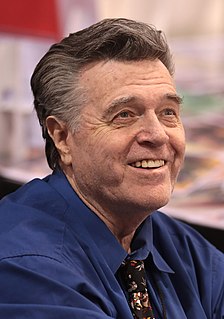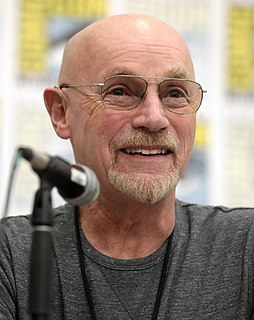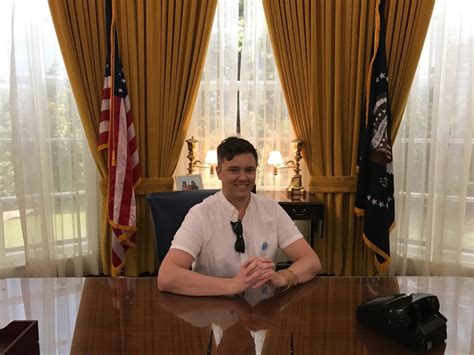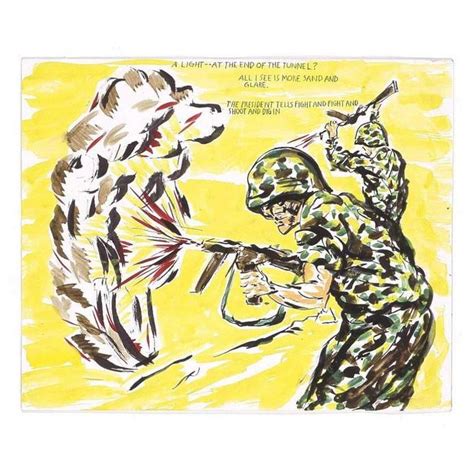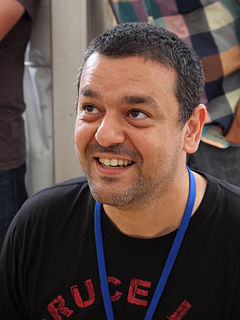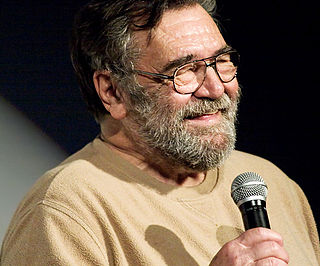A Quote by Mike Royer
I went into Hollywood and met Mike Aarons and went to Grantray-Lawrence Animation to work on the, by today's standards, extremely cheap and crude Marvel superheroes cartoons which basically consisted of taking stacks of the comic book art, taking parts of the art, pasting it down, extending it down into drawings and occasionally a new piece of art to bridge the comic book panels and limited animation and lip movement.
Related Quotes
Motion comics are a medium all their own. It is certainly not animation, in which a large number of artists do tens and even hundreds of thousands of drawings. The animation, or 'the reality,' is created in a computer, and the work of the original artist is the work. Nor is it a comic book. You can't turn the pages. You can't read the dialogue.
When I started in the comic book business, 'Art Of' books were strictly the provenance of the greats, like Rembrandt and Da Vinci. But times change, and so do attitudes. Now the comic is considered an art form, and I hope 'A Life in Words and Pictures' contributes a little to that art form's history.
My drawing came out of editorial-style cartoons. Music was one thing and art was another, and there weren't really any standards for my art. My work was just drawings. They weren't done with any aspirations of becoming a part of punk scene. They weren't about punk. They were just collections of drawings, some of which I xeroxed and sold.
I think my printing to this day looks like the printing right out of a comic book. Actually, I always wanted to be in a comic book. I watched cartoons when I was a kid, too, and both comics and cartoons lit fire in my imagination. This realm holds a lot of interest for me, a lot of passion for me. So to be comic-ized, yeah, that's cool.
I think every filmmaker makes different choices. I remember in the early days, in some of the early comic book movies, certain white dissolves were used that would try to emulate the look and feel of comic book panel borders. Sometimes they would frame shots in panels or circles that gave it a real comic book feel.
Preparing the animation is close to the comic book process but there are plenty of problems. It's very interesting, but it's also sometimes a pain in the arse, especially because it's so very long. Something that takes 10 minutes in comic book form can take 10 months in film form. But I love the results.

